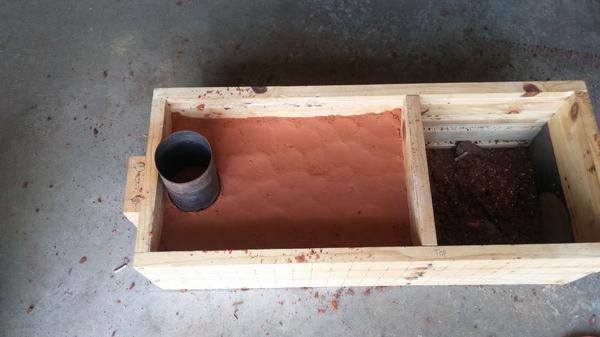Alcast Company - The Facts
Alcast Company Fundamentals Explained
Table of ContentsSome Known Details About Alcast Company The Best Strategy To Use For Alcast CompanyRumored Buzz on Alcast CompanyThe Basic Principles Of Alcast Company What Does Alcast Company Do?The smart Trick of Alcast Company That Nobody is Talking About
The subtle difference depends on the chemical web content. Chemical Comparison of Cast Aluminum Alloys Silicon advertises castability by minimizing the alloy's melting temperature and improving fluidness throughout casting. It plays an essential function in enabling intricate mold and mildews to be filled up properly. In addition, silicon adds to the alloy's strength and wear resistance, making it valuable in applications where durability is essential, such as automotive components and engine parts.It likewise enhances the machinability of the alloy, making it easier to process right into finished items. In this means, iron adds to the general workability of light weight aluminum alloys.
Manganese contributes to the strength of aluminum alloys and boosts workability (Aluminum Casting). It is commonly used in wrought aluminum items like sheets, extrusions, and accounts. The presence of manganese aids in the alloy's formability and resistance to cracking during manufacture processes. Magnesium is a lightweight component that gives stamina and influence resistance to aluminum alloys.
The smart Trick of Alcast Company That Nobody is Talking About
Zinc enhances the castability of light weight aluminum alloys and helps regulate the solidification process throughout casting. It boosts the alloy's strength and solidity.

The main thermal conductivity, tensile toughness, return toughness, and elongation vary. Amongst the above alloys, A356 has the highest possible thermal conductivity, and A380 and ADC12 have the lowest.
The smart Trick of Alcast Company That Nobody is Talking About

In accuracy spreading, 6063 is appropriate for applications where elaborate geometries and premium surface finishes are extremely important. Instances include telecommunication rooms, where the alloy's exceptional formability allows for smooth and cosmetically pleasing styles while preserving structural integrity. Similarly, in the Lighting Solutions industry, precision-cast 6063 components produce classy and reliable illumination components that require complex shapes and good thermal performance.
It brings about a better surface area finish and far better corrosion resistance in A360. In addition, click to read more the A360 exhibits remarkable prolongation, making it optimal for complex and thin-walled components. In precision spreading applications, A360 is fit for industries such as Customer Electronics, Telecommunication, and Power Devices. Its improved fluidness enables for elaborate, high-precision elements like mobile phone coverings and communication tool real estates.
Fascination About Alcast Company
Its special homes make A360 an important choice for accuracy spreading in these markets, improving item durability and top quality. aluminum foundry. Aluminum alloy 380, or A380, is a commonly made use of spreading alloy with numerous unique qualities.
In precision casting, light weight aluminum 413 beams in the Customer Electronic Devices and Power Tools markets. This alloy's premium rust resistance makes it an excellent selection for outside applications, ensuring lasting, long lasting products in the pointed out industries.
Some Known Factual Statements About Alcast Company
The aluminum alloy you pick will substantially impact both the spreading procedure and the residential or commercial properties of the last item. Since of this, you need to make your choice carefully and take an educated strategy.
Determining the most appropriate light weight aluminum alloy for your application will certainly imply evaluating a large array of qualities. The initial group addresses alloy qualities that affect the manufacturing process.
The Definitive Guide to Alcast Company
The alloy you select for die casting directly impacts numerous elements of the spreading procedure, like just how easy the alloy is to collaborate with and if it is prone to casting issues. Hot splitting, also referred to as solidification breaking, is a regular die casting flaw for light weight aluminum alloys that can result in interior or surface-level rips or cracks.
Specific light weight aluminum alloys are much more vulnerable to hot breaking than others, and your selection needs to consider this. Another common flaw discovered in the die spreading of light weight aluminum is pass away soldering, which is when the cast adheres to the die wall surfaces and makes ejection tough. It can damage both the actors and the die, so you need to try to find alloys with high anti-soldering buildings.
Deterioration resistance, which is currently a remarkable quality of aluminum, can differ substantially from alloy to alloy and is an essential characteristic to take into consideration depending upon the environmental conditions your product will be subjected to (Foundry). Wear resistance is an additional home generally sought in aluminum products and can differentiate some alloys